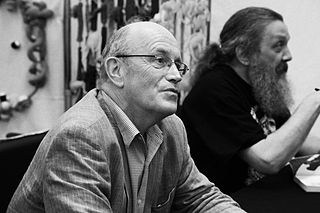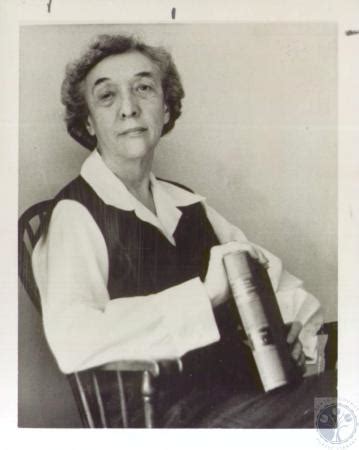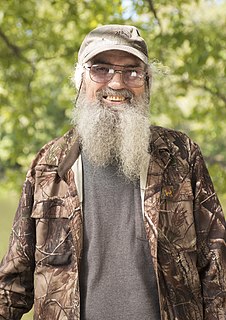A Quote by Kate Forsyth
When our ancestors crouched about the camp fire at night, they told each other tales of gods and heroes, monsters and marvels, to hold back the terrors of the night. Such tales comforted and entertained, diverted and educated those who listened, and helped shape their sense of the world and their place in it.
Related Quotes
People have always told tales. Long before humanity learned to write and gradually became literate, everybody told tales to everybody else and everybody listened to everybody else's tales. Before long it became clear that some of the still illiterate storytellers told more and better tales than others, that is, they could make more people believe their lies.
From camp to camp, through the foul womb of night,
The hum of either army stilly sounds,
That the fixed sentinels almost receive
The secret whispers of each other's watch.
Fire answers fire, and through their play flames
Each battle sees the other's umbered face.
Steed threatens steed, in high and boastful neighs
Piercing the night's dull ear; and from the tents
The armorers accomplishing the knights,
With busy hammers closing rivets up,
Give dreadful note of preparation.
London is a city that sleeps too much. This is the mould of its quality. A magnetic contract: to reinvent itself on the other side of dream, each day. And such dreams, smouldering against the tidal spine of the river, telling and retelling the tales that must be told to manifest a city's bones. Whispering the night architecture back into stone.
William Shakespeare was the most remarkable storyteller that the world has ever known. Homer told of adventure and men at war, Sophocles and Tolstoy told of tragedies and of people in trouble. Terence and Mark Twain told cosmic stories, Dickens told melodramatic ones, Plutarch told histories and Hans Christian Andersen told fairy tales. But Shakespeare told every kind of story – comedy, tragedy, history, melodrama, adventure, love stories and fairy tales – and each of them so well that they have become immortal. In all the world of storytelling he has become the greatest name.
Legends of the Silver Stallion had been told for years now, whenever mountain stockmen met round the campfires or on the winding hill tracks. Songs were sung about him to the cattle and both songs and tales had become even stranger since his supposed death when he vanished through the wind and the night over a great cliff. Tales kept cropping up of a ghost horse seen, or imagined, roaming over the mountains at night, of stockmen waking in a hut at midnight, hearing the tremendous stallion’s cry which could only be Thowra’s
People say, "Look, your book [Tales and Wisdom from Duck Dynasty's Favorite Uncle] is about tall tales." And I said, "No, you don't understand, OK? The book is tall tales, OK, by me. But look, those tall tales are my life, OK? And look, I added some spices in there. That's the five percent. You know the one about the wolves chasing me? The only thing about that - they wasn't wolves, they was coyotes".
The children know all about everything so well that it never occurs to them to play at the situations in any one of these tales, or even to read it twice over. But let them have tales of the imagination, scenes laid in other lands and other times, heroic adventures, hairbreadth escapes, delicious fairy tales in which they are never roughly pulled up by the impossible —even where all is impossible, and they know it, and yet believe.
I love monsters, I love creatures, I love beings, I love aliens. That's more supernatural and more the stuff of fairy tales. Fairy tales are as ancient as we are. I love those stories. I think they're really interesting because they always have more than simply the fright aspect. There's something deeply psychological.



































